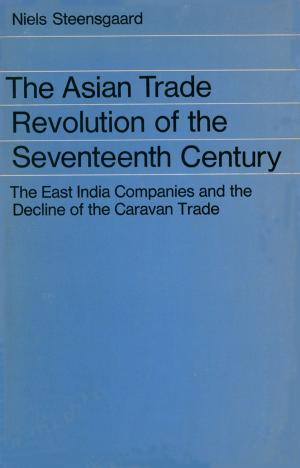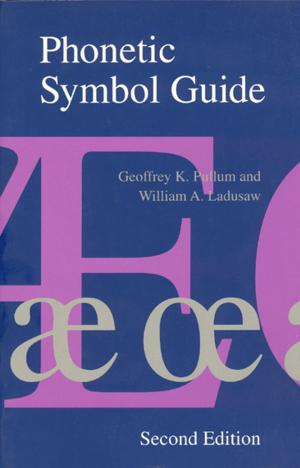German Idealism and the Jew
The Inner Anti-Semitism of Philosophy and German Jewish Responses
Nonfiction, Religion & Spirituality, Judaism, History, Jewish, Philosophy| Author: | Michael Mack | ISBN: | 9780226115788 |
| Publisher: | University of Chicago Press | Publication: | November 1, 2013 |
| Imprint: | University of Chicago Press | Language: | English |
| Author: | Michael Mack |
| ISBN: | 9780226115788 |
| Publisher: | University of Chicago Press |
| Publication: | November 1, 2013 |
| Imprint: | University of Chicago Press |
| Language: | English |
In German Idealism and the Jew, Michael Mack uncovers the deep roots of anti-Semitism in the German philosophical tradition. While many have read German anti-Semitism as a reaction against Enlightenment philosophy, Mack instead contends that the redefinition of the Jews as irrational, oriental Others forms the very cornerstone of German idealism, including Kant's conception of universal reason.
Offering the first analytical account of the connection between anti-Semitism and philosophy, Mack begins his exploration by showing how the fundamental thinkers in the German idealist tradition—Kant, Hegel, and, through them, Feuerbach and Wagner—argued that the human world should perform and enact the promises held out by a conception of an otherworldly heaven. But their respective philosophies all ran aground on the belief that the worldly proved incapable of transforming itself into this otherworldly ideal. To reconcile this incommensurability, Mack argues, philosophers created a construction of Jews as symbolic of the "worldliness" that hindered the development of a body politic and that served as a foil to Kantian autonomy and rationality.
In the second part, Mack examines how Moses Mendelssohn, Heinrich Heine, Franz Rosenzweig, and Freud, among others, grappled with being both German and Jewish. Each thinker accepted the philosophies of Kant and Hegel, in varying degrees, while simultaneously critiquing anti-Semitism in order to develop the modern Jewish notion of what it meant to be enlightened—a concept that differed substantially from that of Kant, Hegel, Feuerbach, and Wagner. By speaking the unspoken in German philosophy, this book profoundly reshapes our understanding of it.
In German Idealism and the Jew, Michael Mack uncovers the deep roots of anti-Semitism in the German philosophical tradition. While many have read German anti-Semitism as a reaction against Enlightenment philosophy, Mack instead contends that the redefinition of the Jews as irrational, oriental Others forms the very cornerstone of German idealism, including Kant's conception of universal reason.
Offering the first analytical account of the connection between anti-Semitism and philosophy, Mack begins his exploration by showing how the fundamental thinkers in the German idealist tradition—Kant, Hegel, and, through them, Feuerbach and Wagner—argued that the human world should perform and enact the promises held out by a conception of an otherworldly heaven. But their respective philosophies all ran aground on the belief that the worldly proved incapable of transforming itself into this otherworldly ideal. To reconcile this incommensurability, Mack argues, philosophers created a construction of Jews as symbolic of the "worldliness" that hindered the development of a body politic and that served as a foil to Kantian autonomy and rationality.
In the second part, Mack examines how Moses Mendelssohn, Heinrich Heine, Franz Rosenzweig, and Freud, among others, grappled with being both German and Jewish. Each thinker accepted the philosophies of Kant and Hegel, in varying degrees, while simultaneously critiquing anti-Semitism in order to develop the modern Jewish notion of what it meant to be enlightened—a concept that differed substantially from that of Kant, Hegel, Feuerbach, and Wagner. By speaking the unspoken in German philosophy, this book profoundly reshapes our understanding of it.















